17 GPTs for Academic Reference Powered by AI for Free of 2025
AI GPTs for Academic Reference are advanced generative pre-trained transformers designed to assist with academic research and reference tasks. These AI models are fine-tuned to understand and generate content that adheres to academic standards, providing support for literature reviews, data analysis, and the creation of bibliographies. By leveraging natural language processing and machine learning, these tools offer tailored solutions for a wide range of academic subjects, facilitating research and study with efficiency and accuracy.
Top 10 GPTs for Academic Reference are: PDF Books & Downloads 📚,The All Bible,Paper Decoder,Feynman's Physics Lectures(파인만의 물리학 강의),Korea History Guru,Universe Guide,Quranic Search Assistant,アボカド AI,学問さがし!,Theses Language & Literature UK
PDF Books & Downloads 📚
Discover, Access, Explore - AI-Powered Public Domain Library
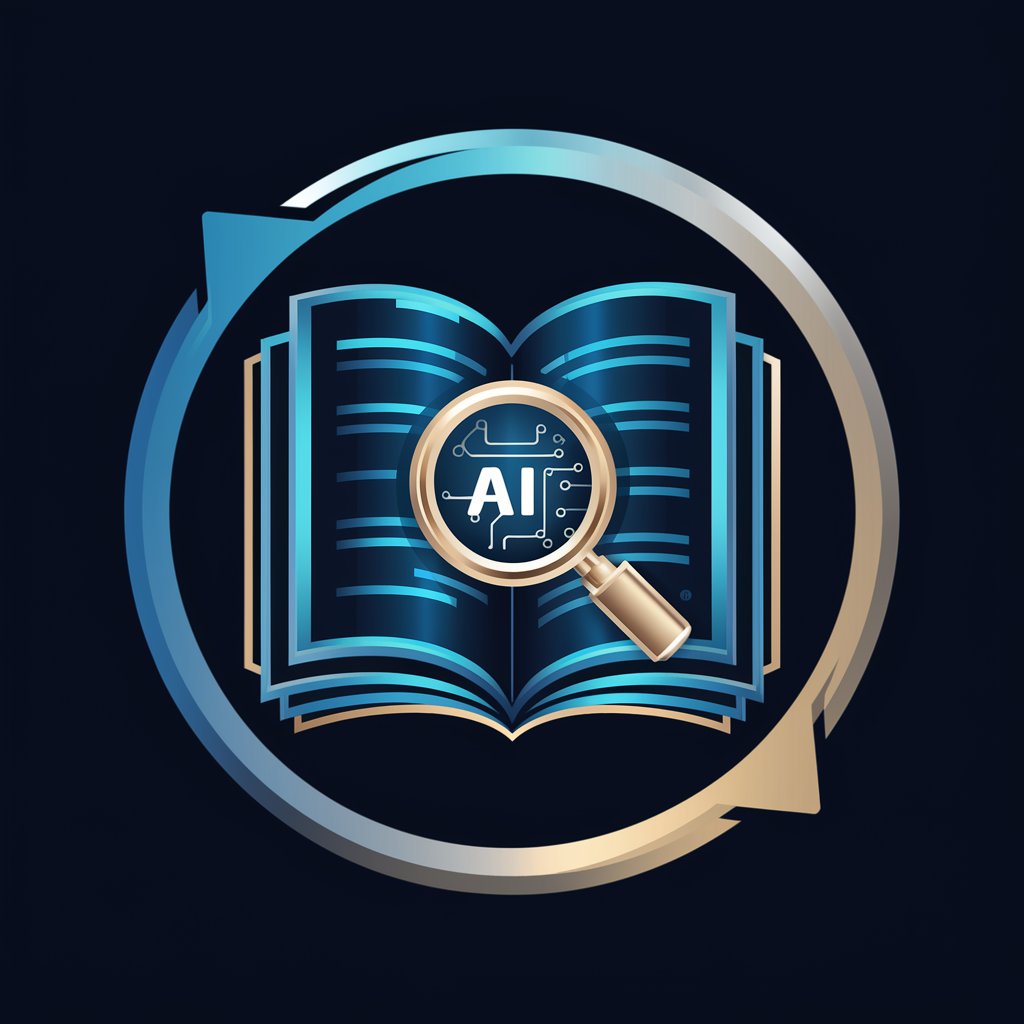
The All Bible
Explore Scripture with AI Precision
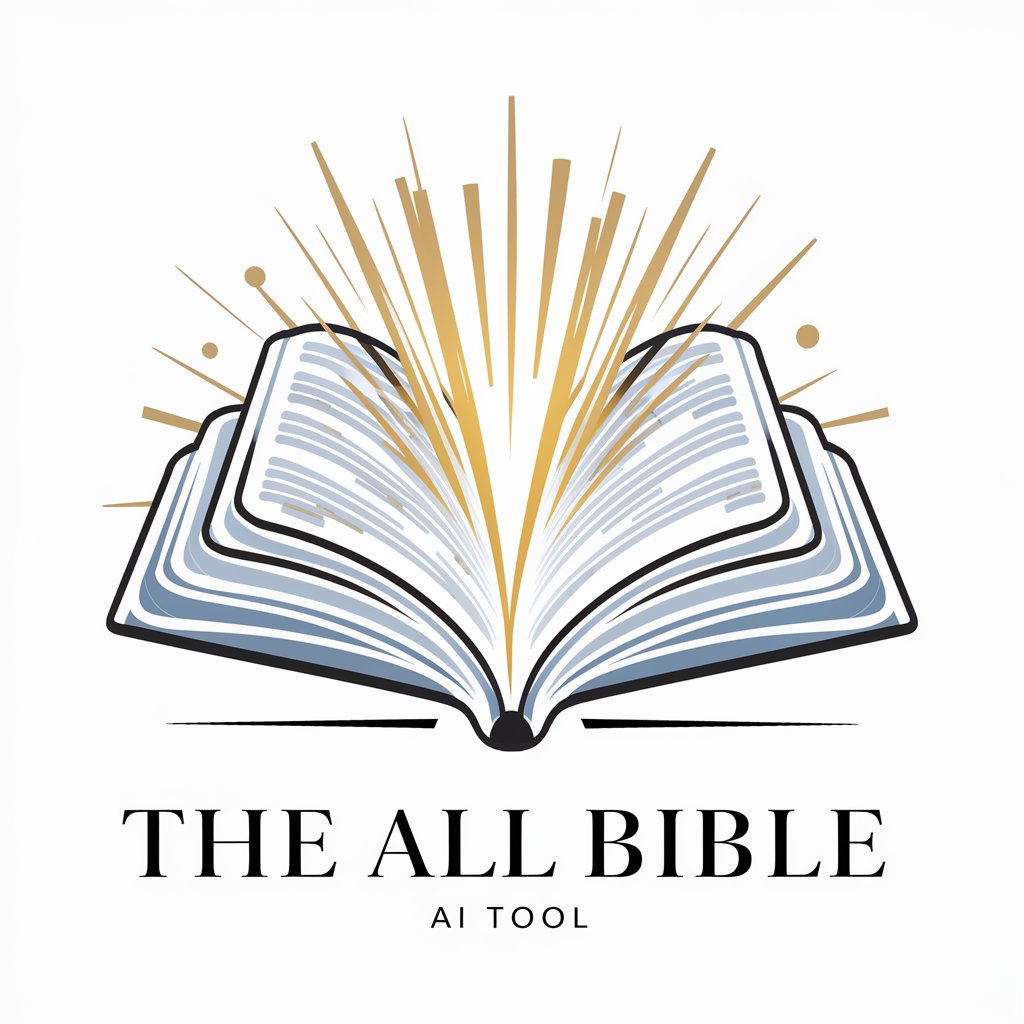
Paper Decoder
Decoding AI Research Made Easy
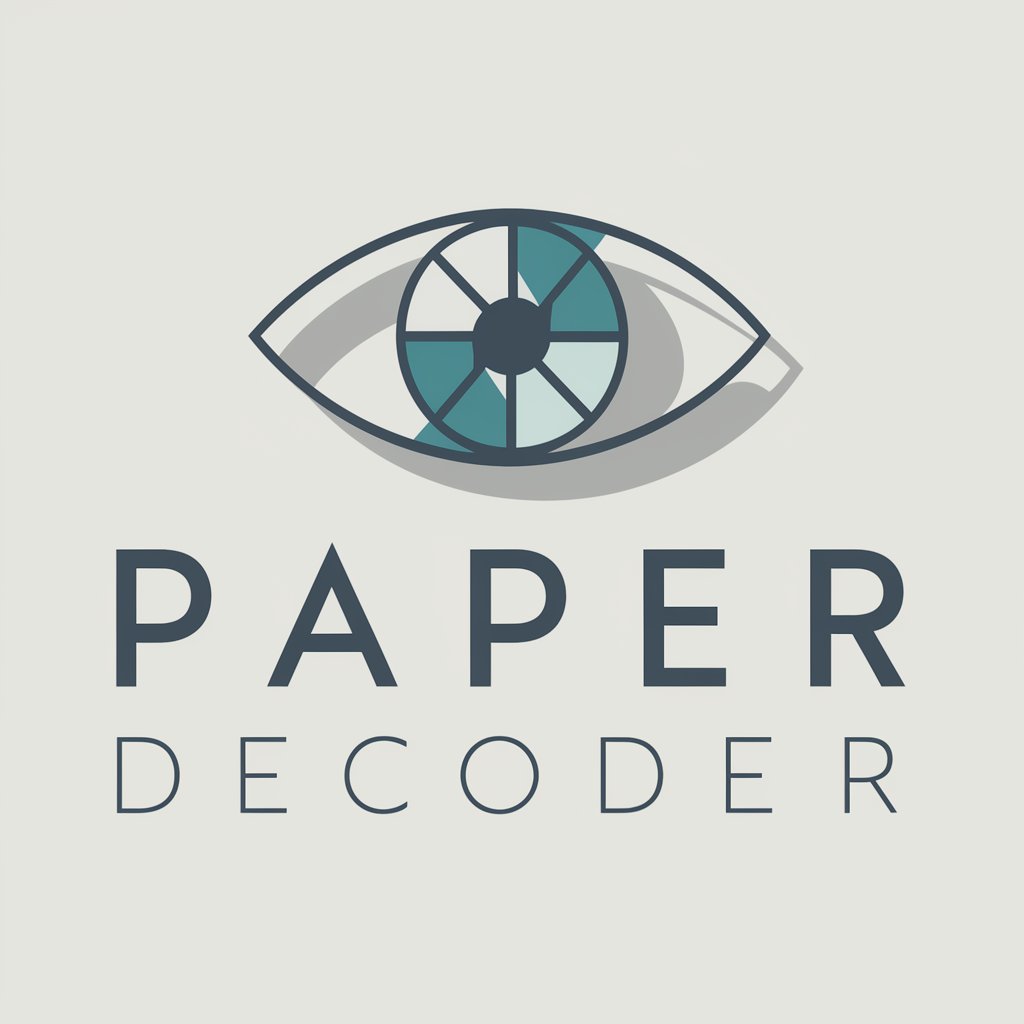
Feynman's Physics Lectures(파인만의 물리학 강의)
Demystifying Physics with AI-Powered Feynman Lectures
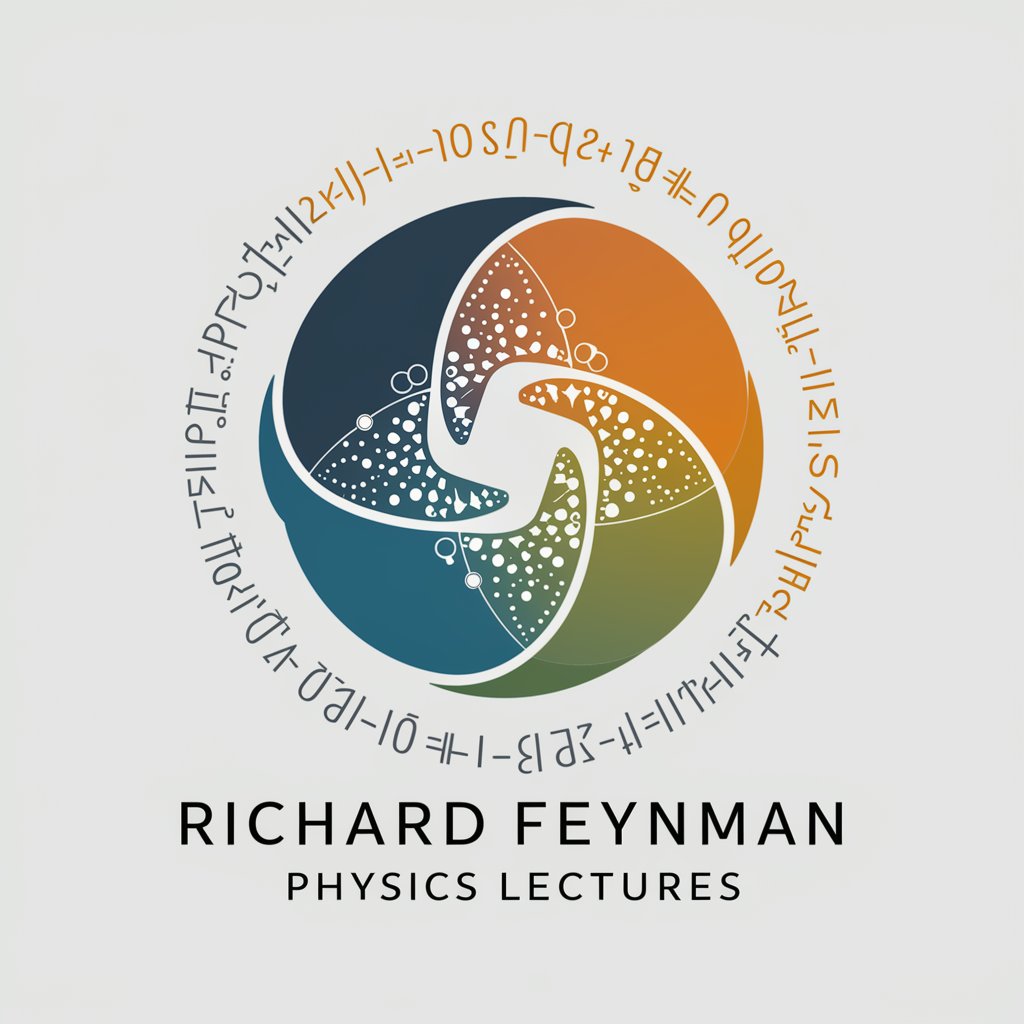
Korea History Guru
Unveiling Korea's Past with AI Precision
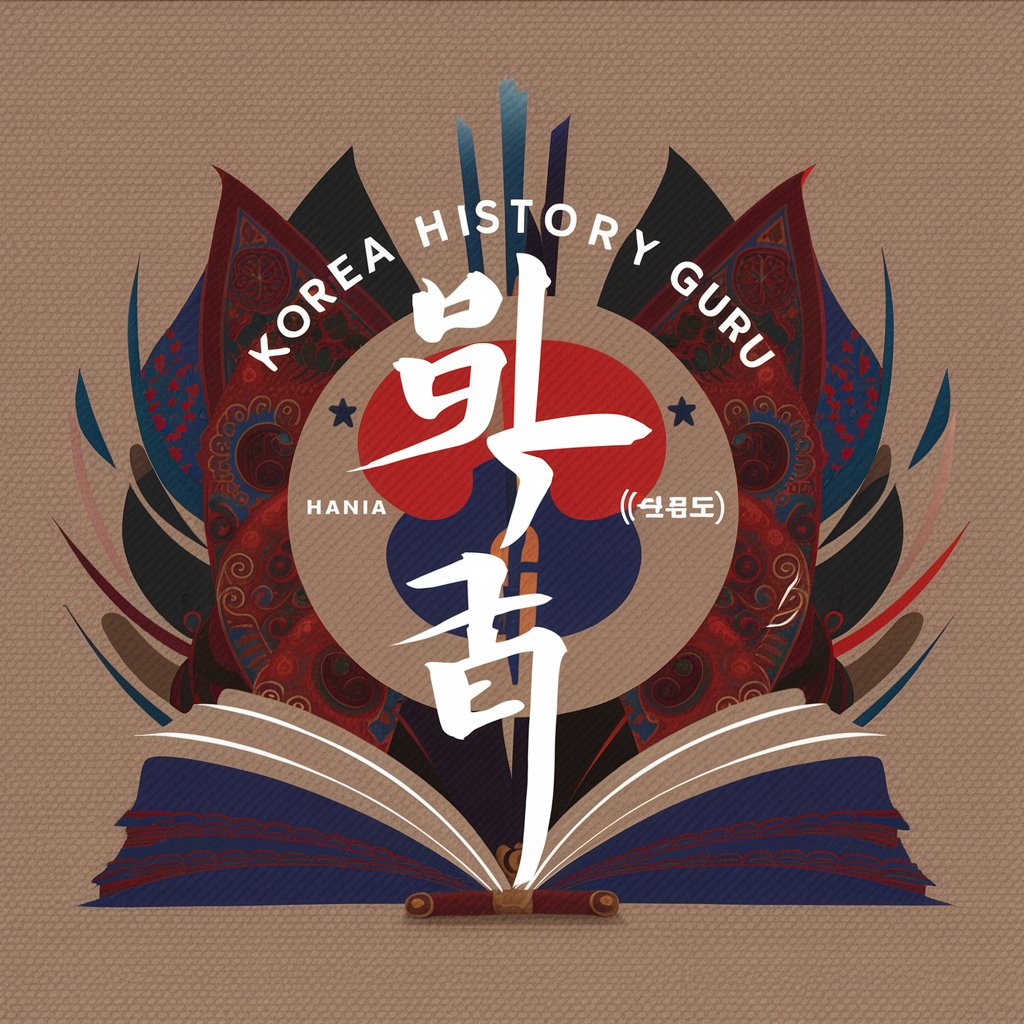
Universe Guide
Unlocking the universe of mathematics and physics.

Quranic Search Assistant
Direct Quranic Verse Retrieval, AI-Powered
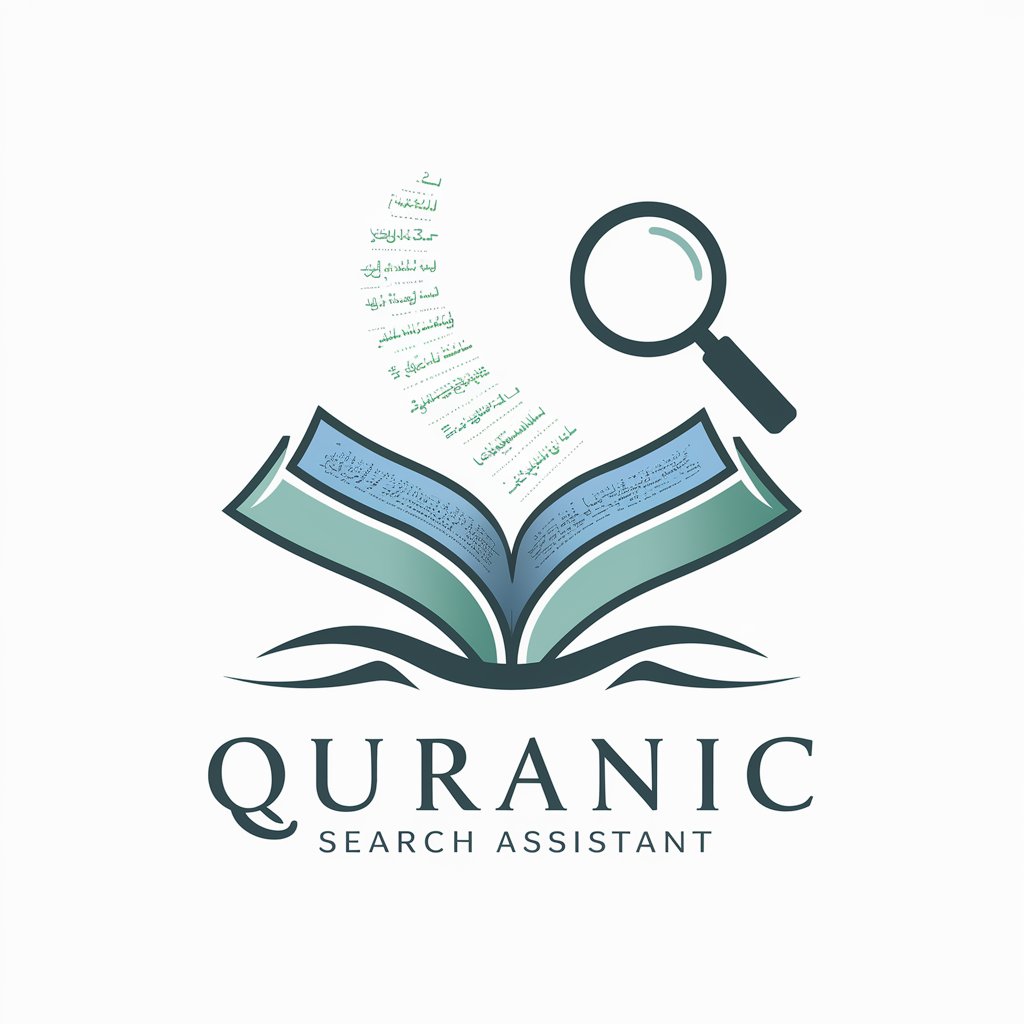
アボカド AI
Cultivating Knowledge, Growing Success
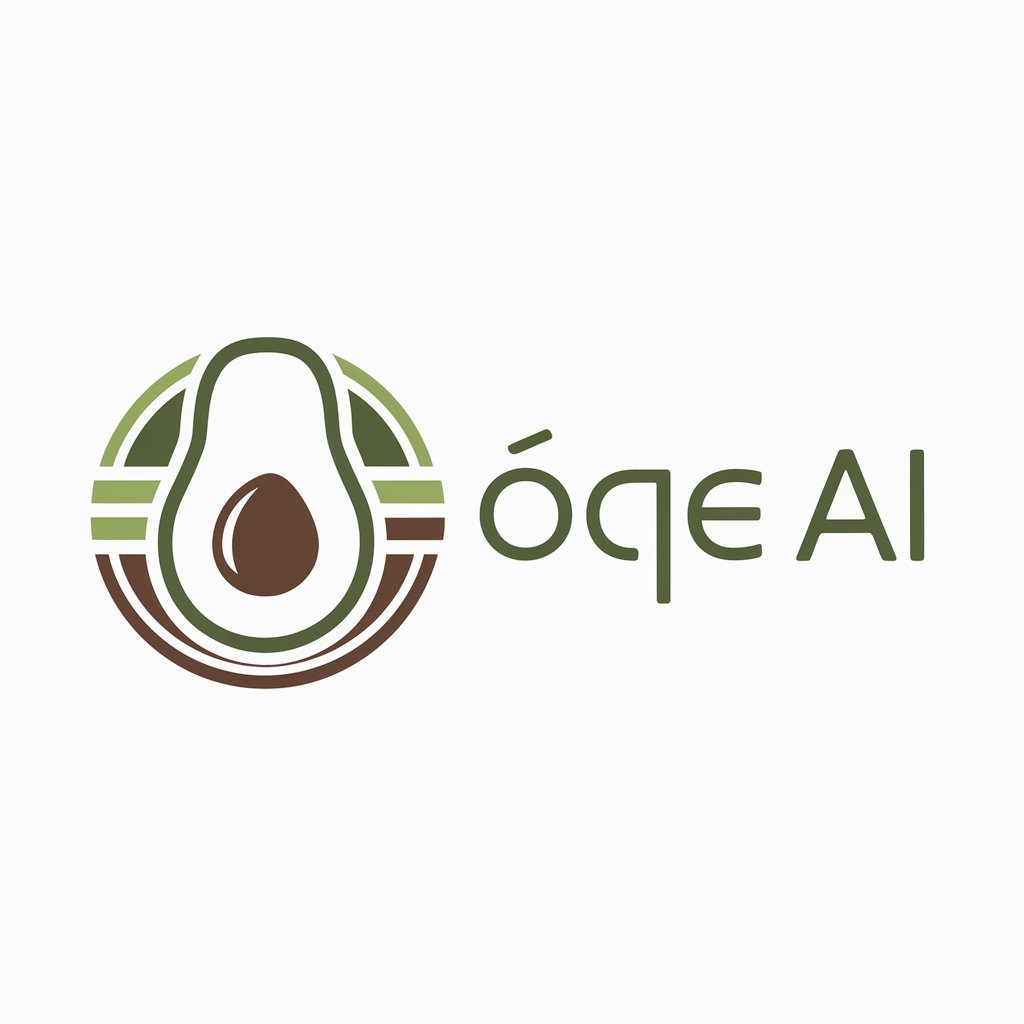
学問さがし!
Unlocking Academic Insights with AI

Theses Language & Literature UK
Unlocking Literature & Language Insights

Manuals for Nearly Everything: 거의 모든 것의 매뉴얼
Unlocking Knowledge, One Manual at a Time
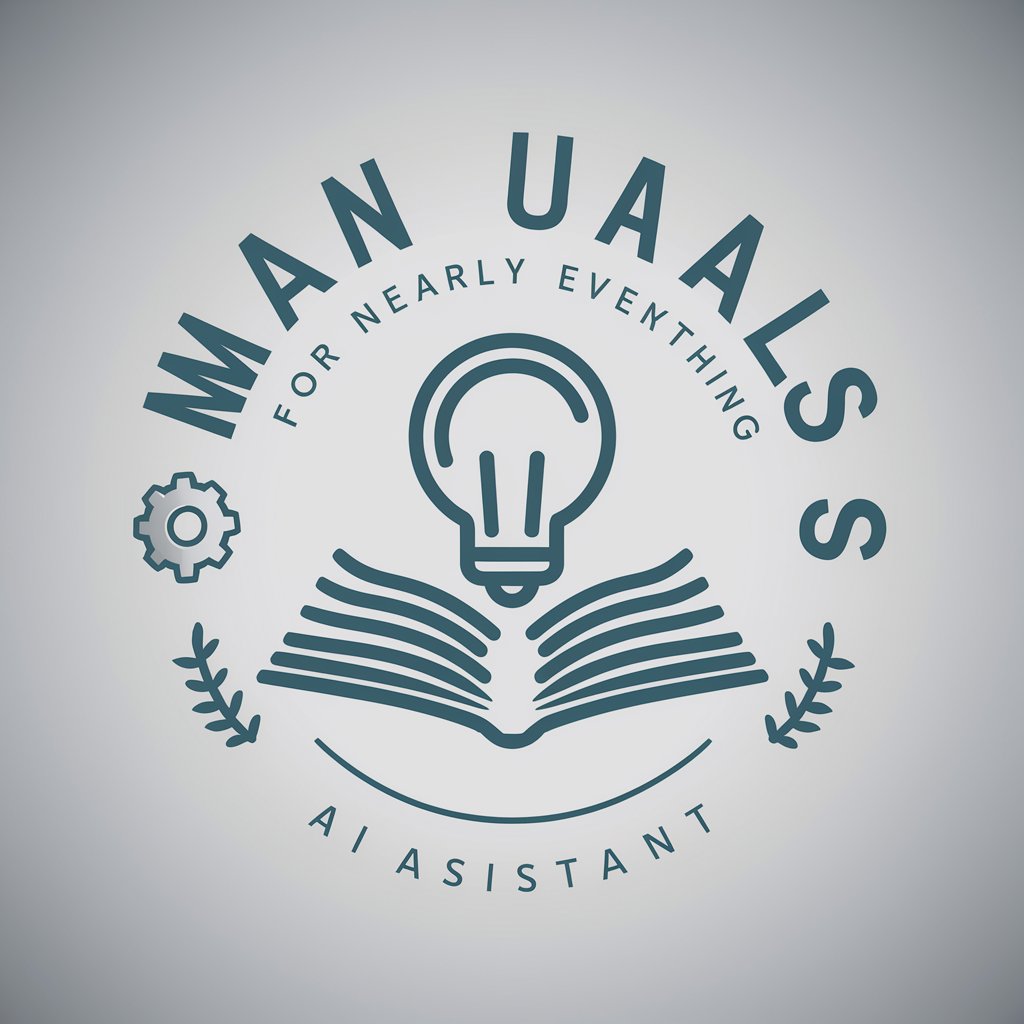
영양성분 지식 검색
Empowering nutrition choices with AI-driven insights.
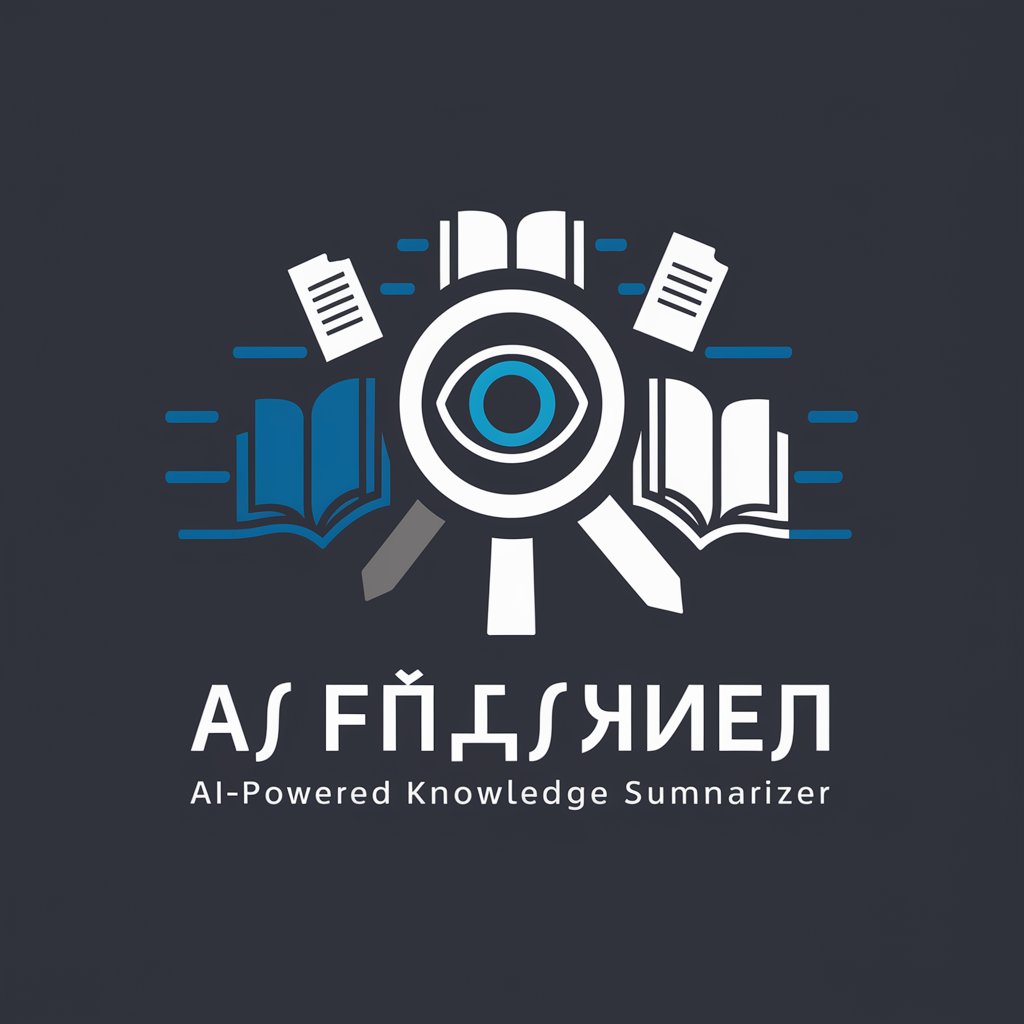
World-Renowned Urologist
Empowering your health with AI-driven urology advice.

RCD-News
Stay updated with AI-powered environmental news.

Hackaday Explorer
Explore the Frontiers of Technology

Herbal Guide
Empowering traditional wisdom with AI

Key Attributes of Academic Reference AI Tools
The core features of AI GPTs for Academic Reference include high adaptability to various academic disciplines, support for multiple languages, and the ability to process and analyze large datasets. Special features encompass technical support for coding and data analysis, advanced web searching capabilities for literature review, and image creation for visual data interpretation. These tools also offer customization options for generating content that adheres to specific citation styles and academic standards.
Who Benefits from Academic Reference AI?
AI GPTs for Academic Reference are ideal for a wide audience including students, researchers, academic professionals, and anyone involved in scholarly writing or research. They cater to novices by providing easy-to-use interfaces for generating academic content, and to developers or researchers through advanced customization options for more specific tasks. These tools are designed to be accessible to those without programming skills while offering powerful features for those with technical expertise.
Try Our other AI GPTs tools for Free
Fan Art Creation
Discover how AI GPTs tools are transforming fan art creation, making it easier and more creative for artists of all levels. Embrace the future of art with AI.
Entertainment & Humor
Discover how AI GPT tools are transforming entertainment and humor with personalized, engaging content tailored to your preferences.
Dating Coaching
Discover how AI GPTs for Dating Coaching can transform your dating life with personalized advice, conversation practice, and insights into dating dynamics.
Competitive Adaptation
Discover AI GPTs tailored for Competitive Adaptation: your solution to staying ahead in dynamic markets with advanced analysis, strategy development, and predictive insights.
Social Media Automation
Discover how AI GPTs for Social Media Automation can revolutionize your online presence with advanced content creation, scheduling, and analytics.
Task Optimization
Discover how AI GPTs revolutionize task optimization with adaptable, user-friendly tools designed for efficiency, offering tailored solutions across various sectors.
Expanding Horizons with Academic AI
AI GPTs for Academic Reference are revolutionizing how academic tasks are approached, offering scalable solutions across disciplines. These tools not only simplify literature reviews and data analysis but also encourage innovative approaches to research and writing. With user-friendly interfaces, they integrate well into existing academic workflows, making advanced research tools more accessible to a broader audience.
Frequently Asked Questions
What exactly are AI GPTs for Academic Reference?
AI GPTs for Academic Reference are specialized AI models designed to assist with academic tasks, including writing, research, data analysis, and citation.
Can these tools write an entire research paper?
While they can assist in drafting sections, generating ideas, or providing summaries, the integrity and originality of a research paper should be maintained by the researcher.
Do AI GPTs handle data analysis for research?
Yes, many of these tools are equipped to perform basic data analysis, interpret results, and suggest conclusions based on the data provided.
Are these tools capable of creating images for academic purposes?
Yes, some AI GPTs offer image creation capabilities suitable for generating figures, charts, and other visual aids for academic content.
How do AI GPTs ensure the academic content meets standards?
These tools are programmed to adhere to academic integrity guidelines, support various citation styles, and provide content that aligns with academic standards.
Can I customize the output to fit my specific research area?
Yes, many AI GPTs offer customization options to tailor the content according to specific disciplines, research topics, and citation styles.
Are there limitations to what AI GPTs can do in academic research?
While AI GPTs are powerful tools, they may not fully grasp the nuances of highly specialized or novel research areas and should be used in conjunction with human oversight.
Is it possible to integrate these AI tools with other academic software?
Yes, many AI GPTs are designed to work seamlessly with existing academic software and databases, enhancing research and writing workflows.